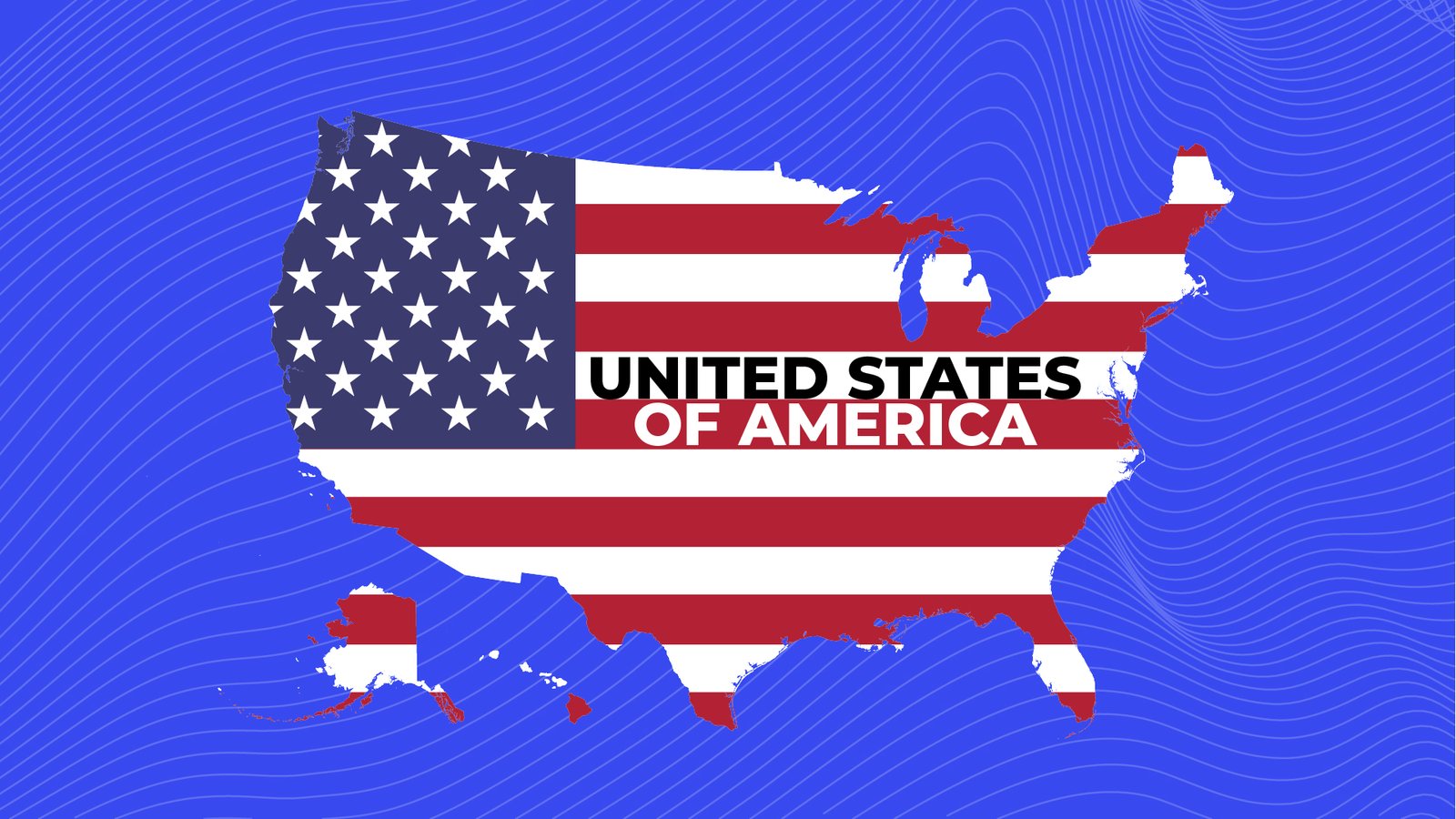In a landmark move aimed at tightening oversight of the digital economy, the U.S. government has enacted the Financial Technology Protection Act of 2025, a comprehensive framework designed to prevent terrorism financing, money laundering, and sanctions evasion through digital assets.
At the heart of the legislation is the creation of an Independent Financial Technology Working Group, a bipartisan panel tasked with monitoring emerging risks in the rapidly evolving fintech sector. The group will bring together experts from federal agencies, law enforcement, the private sector, and academia to study the misuse of cryptocurrencies, blockchain-based systems, and other financial technologies by criminal and terrorist networks.
The Act mandates that the Working Group conduct extensive research into the ways digital assets are exploited for illicit purposes. It will also be responsible for developing actionable policy recommendations, including potential amendments to existing anti-money laundering (AML) and counter-terrorist financing (CTF) laws. These recommendations are expected to guide Congress and regulatory agencies in shaping stronger safeguards against abuse of new financial instruments.
One of the most significant provisions of the Act requires the presentation of a national strategy within 180 days of its enactment. This strategy will outline how the U.S. plans to prevent the use of digital assets for terrorism financing, organized crime, and sanctions evasion — a growing concern amid global geopolitical tensions.
Lawmakers supporting the bill emphasized that while digital assets and blockchain technologies offer innovation and economic potential, they also present vulnerabilities that can be exploited by hostile actors. By institutionalizing an independent watchdog body, Congress aims to strike a balance between promoting innovation and ensuring national security.
The legislation comes at a time when regulators worldwide are grappling with how to govern decentralized technologies. U.S. officials hope that the Act will serve as both a deterrent to bad actors and a signal to allies and partners of America’s commitment to leading global standards on digital asset oversight.
Industry leaders have cautiously welcomed the measure, noting that while compliance obligations may increase, the establishment of a clear legal framework could also enhance trust in digital assets and encourage responsible innovation.
The Financial Technology Protection Act of 2025 underscores Washington’s resolve to keep pace with technological change while safeguarding financial systems against abuse — a balancing act that will likely shape the next decade of financial regulation.
By FCCT Editorial Team




